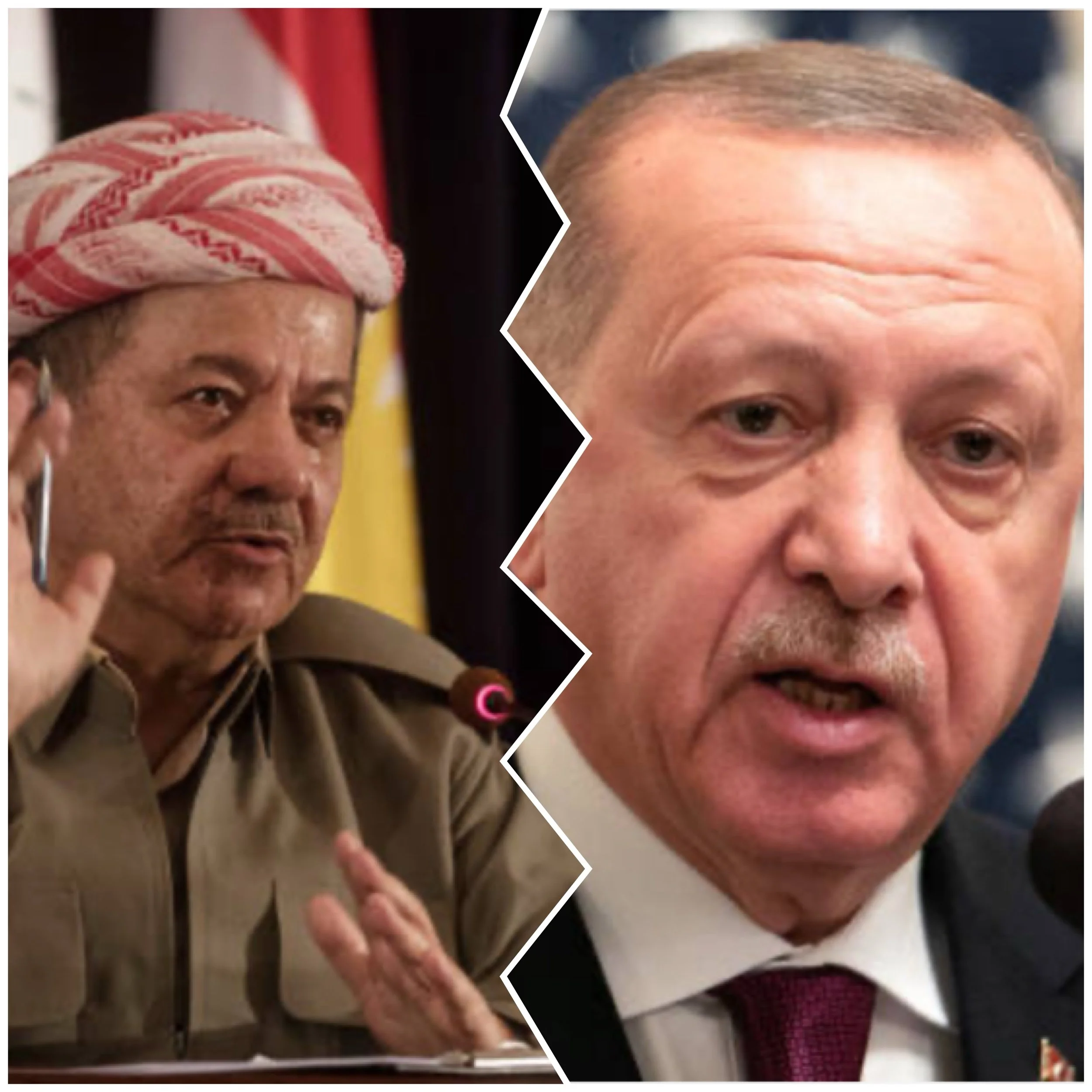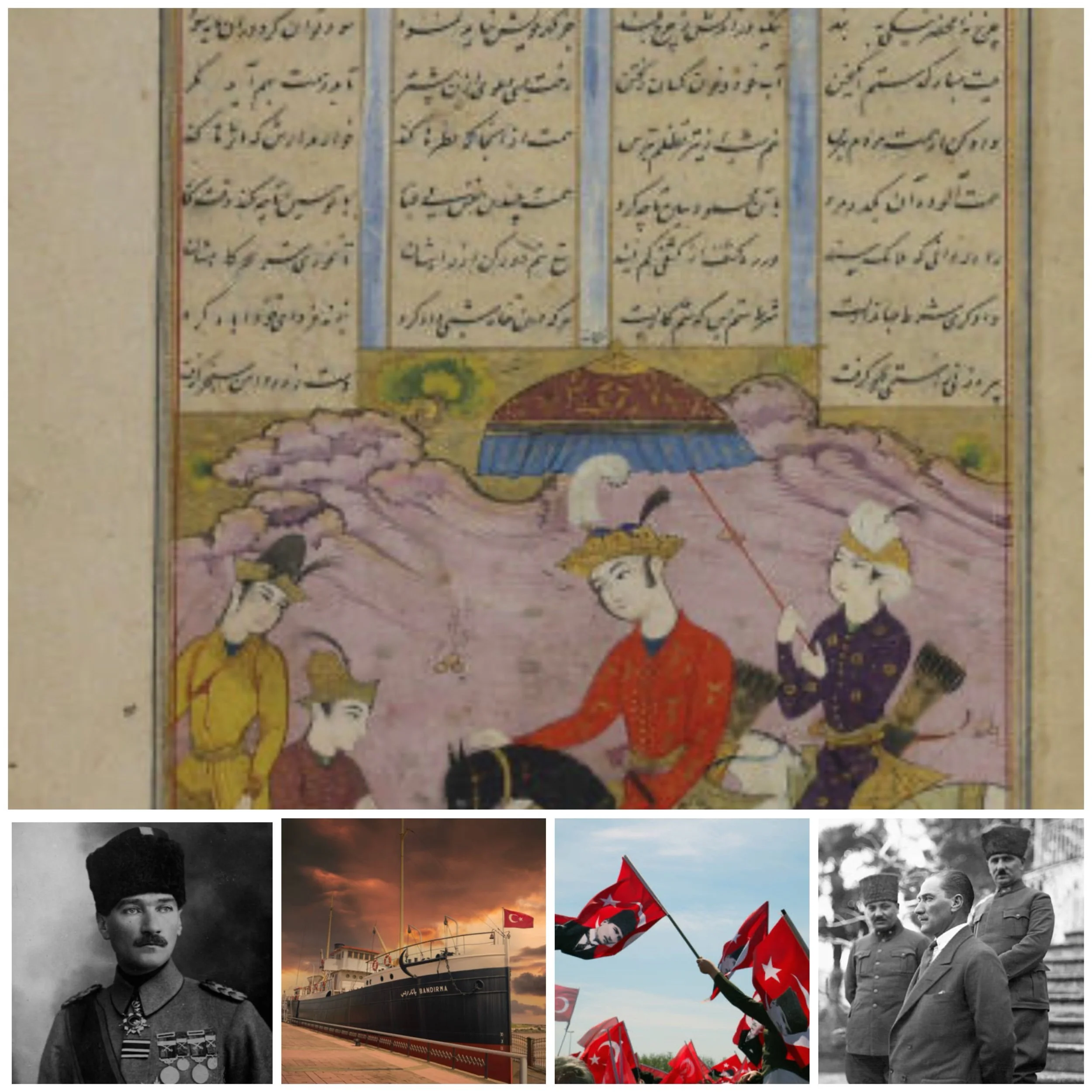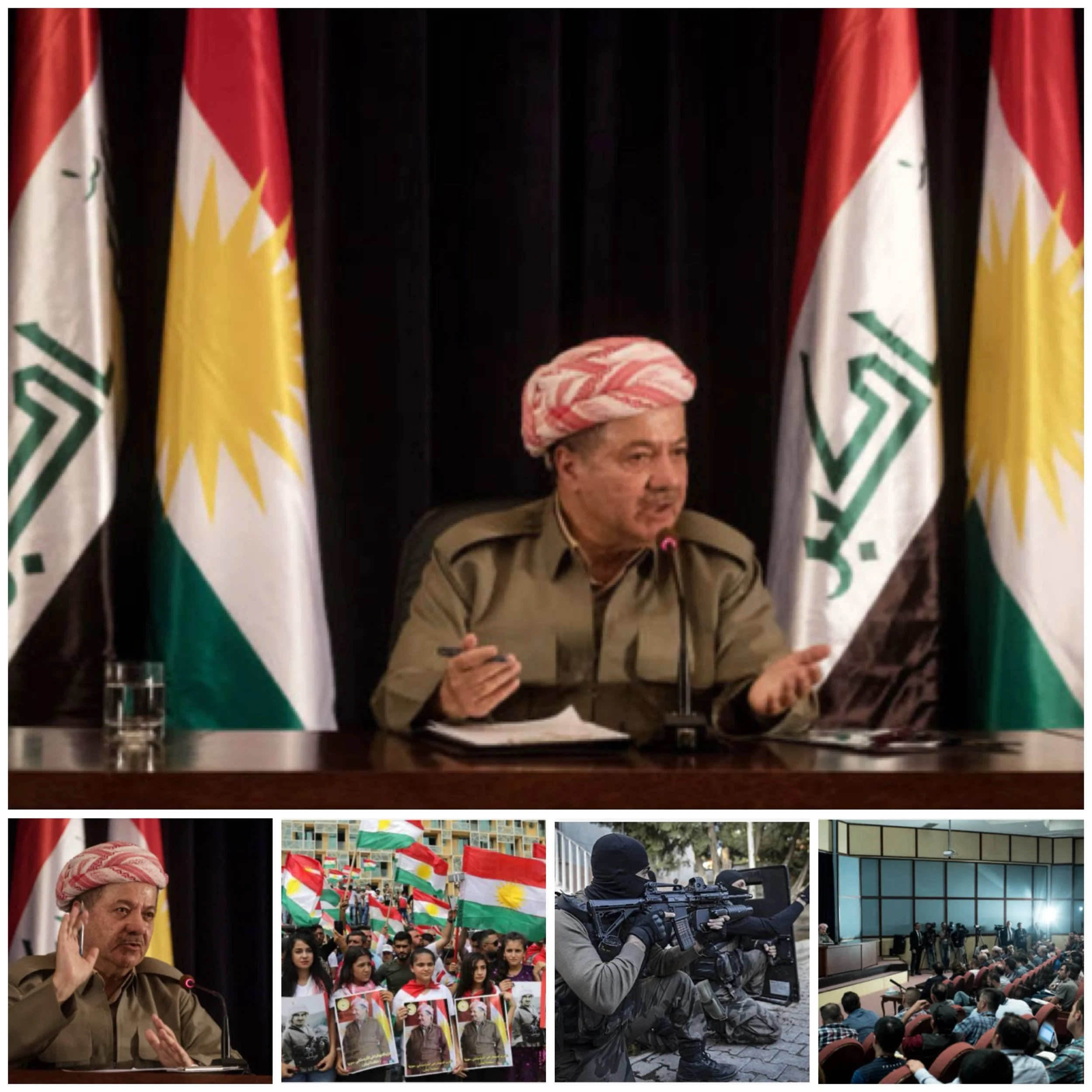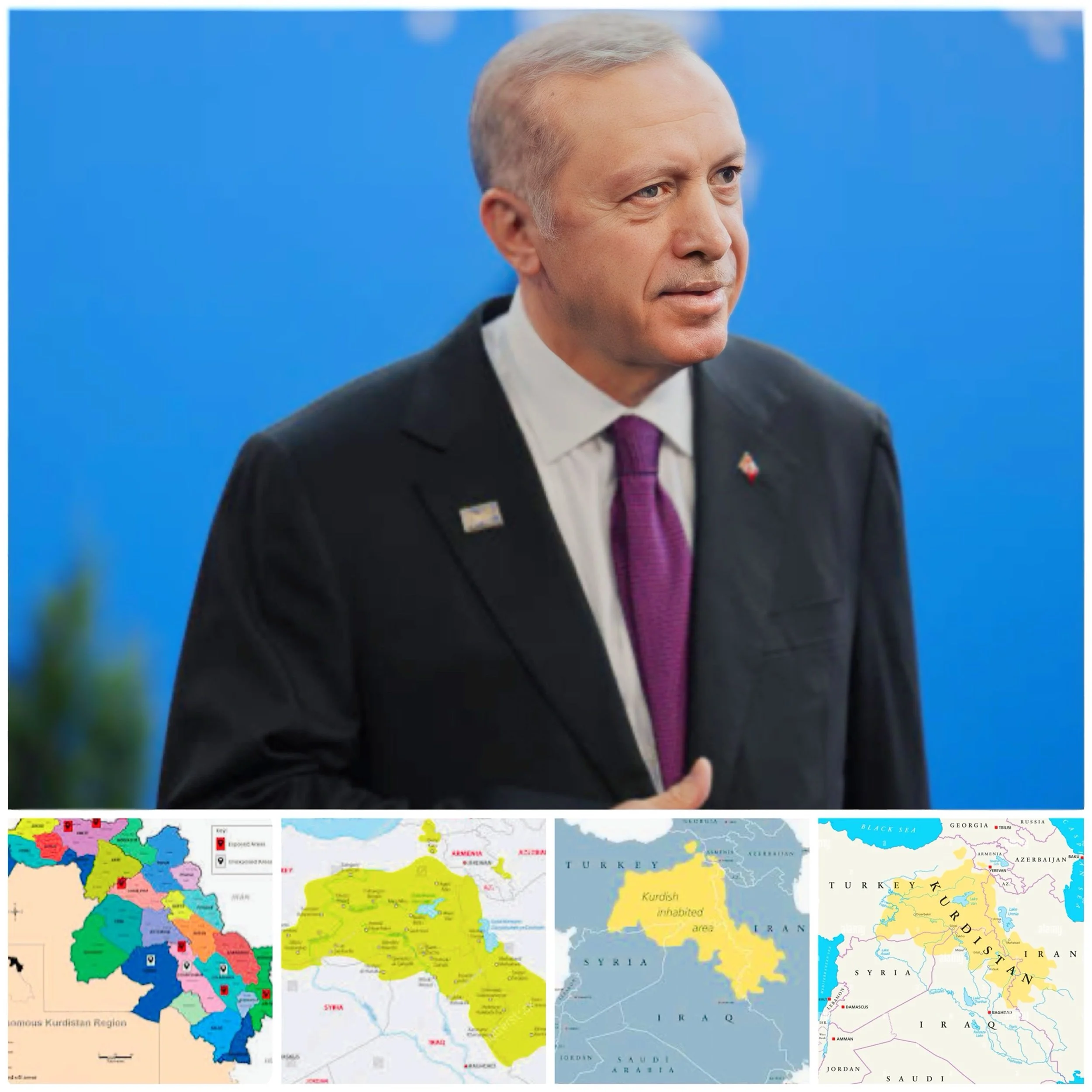What are the main reasons behind the conflict between Turkey and the Kurds
Introduction
The establishment of the Kurdistan region dates back to 1970. In March 1970 an autonomy agreement was signed with Baghdad that declared autonomy for the region, after years of heavy fighting.
The conflict between Turkey and the Kurds is rooted in a complex interplay of historical, political, and social factors. Here are the main reasons behind this enduring conflict:
Denial of Kurdish Identity
One of the primary causes of the conflict is Turkey’s long-standing refusal to recognize Kurdish identity. Since the establishment of the Turkish Republic in 1923, successive governments have pursued policies aimed at assimilating Kurds into a singular Turkish identity. This has included banning the use of the Kurdish language and other cultural expressions, leading to widespread grievances among the Kurdish population. The denial of identity has been a significant catalyst for uprisings and armed resistance, particularly by groups like the Kurdistan Workers’ Party (PKK), which emerged in response to these repressive policies.
Political Repression and Violence
The Turkish state’s approach to managing Kurdish aspirations has often involved heavy-handed military action and political repression. The PKK began its armed struggle in 1984, claiming it was fighting against oppression and for Kurdish rights. Over the years, Turkey has responded with extensive military operations, particularly in southeastern Turkey and northern Iraq, aiming to suppress PKK activities.
The conflict has resulted in significant casualties, with estimates of over 40,000 deaths, primarily among Kurdish civilians.
Socio-Economic Disparities
Economic inequality and underdevelopment in predominantly Kurdish regions have also fueled discontent. Many Kurds feel marginalized economically, which exacerbates their political grievances.
The lack of investment and development in southeastern Turkey has led to higher unemployment rates and limited access to services, contributing to feelings of alienation from the central government.
This socio-economic deprivation often intersects with demands for cultural and political rights, creating a potent mix that drives unrest.
Geopolitical Factors
The conflict is further complicated by regional dynamics. The rise of Kurdish autonomy movements in neighboring countries, particularly Iraq and Syria, has raised fears within Turkey of a contiguous Kurdish state that could inspire separatist sentiments among its own Kurdish population. Turkey views groups like the YPG (People’s Protection Units) in Syria as extensions of the PKK and perceives their success as a direct threat to its national security. Consequently, Turkey has engaged in military operations across its borders to counter these perceived threats.
Failed Peace Initiatives
Attempts at peace negotiations have repeatedly faltered. A notable ceasefire occurred between 2013 and 2015 but collapsed amid escalating violence and political tensions following a series of attacks attributed to both PKK militants and Turkish security forces. The failure to achieve lasting peace has perpetuated cycles of violence and mistrust between the Turkish state and Kurdish groups.
Conclusion
The conflict between Turkey and the Kurds is deeply rooted in issues of identity recognition, political repression, socio-economic disparities, regional geopolitics, and failed peace initiatives. Addressing these multifaceted challenges requires a comprehensive approach that acknowledges Kurdish rights while fostering inclusive governance and equitable development across all regions of Turkey.





